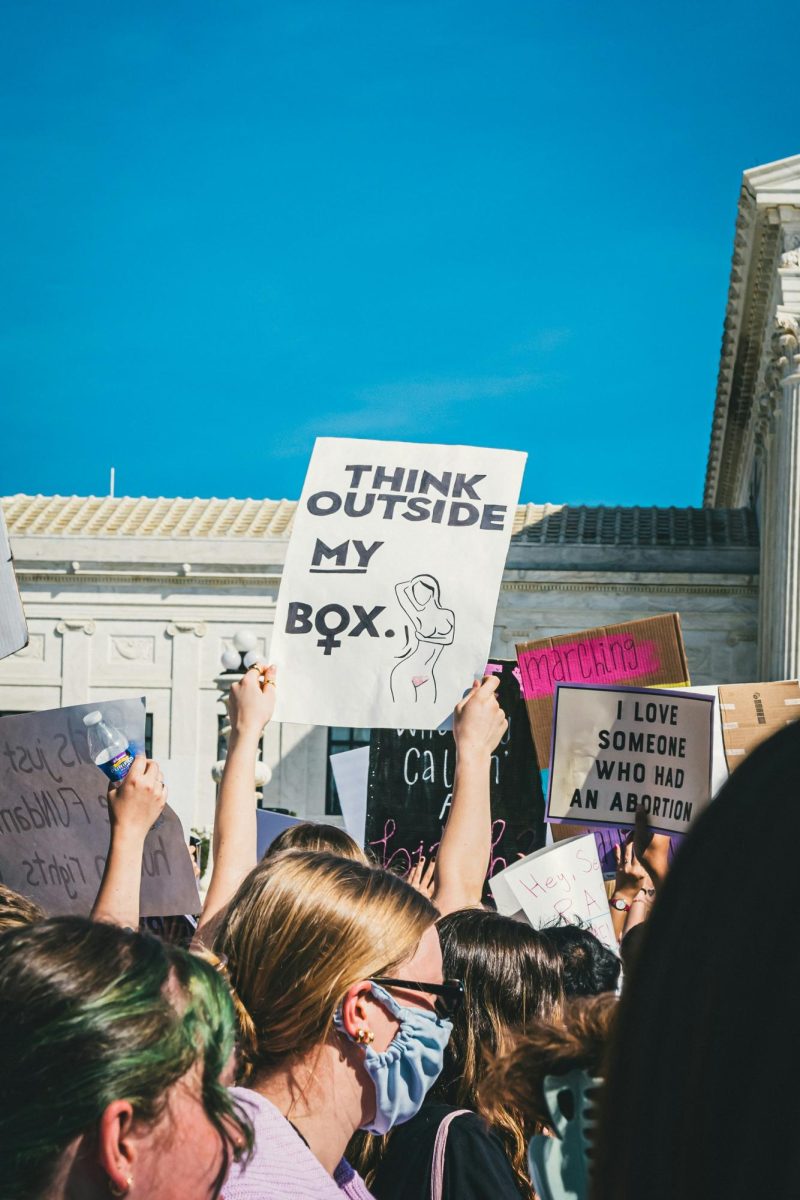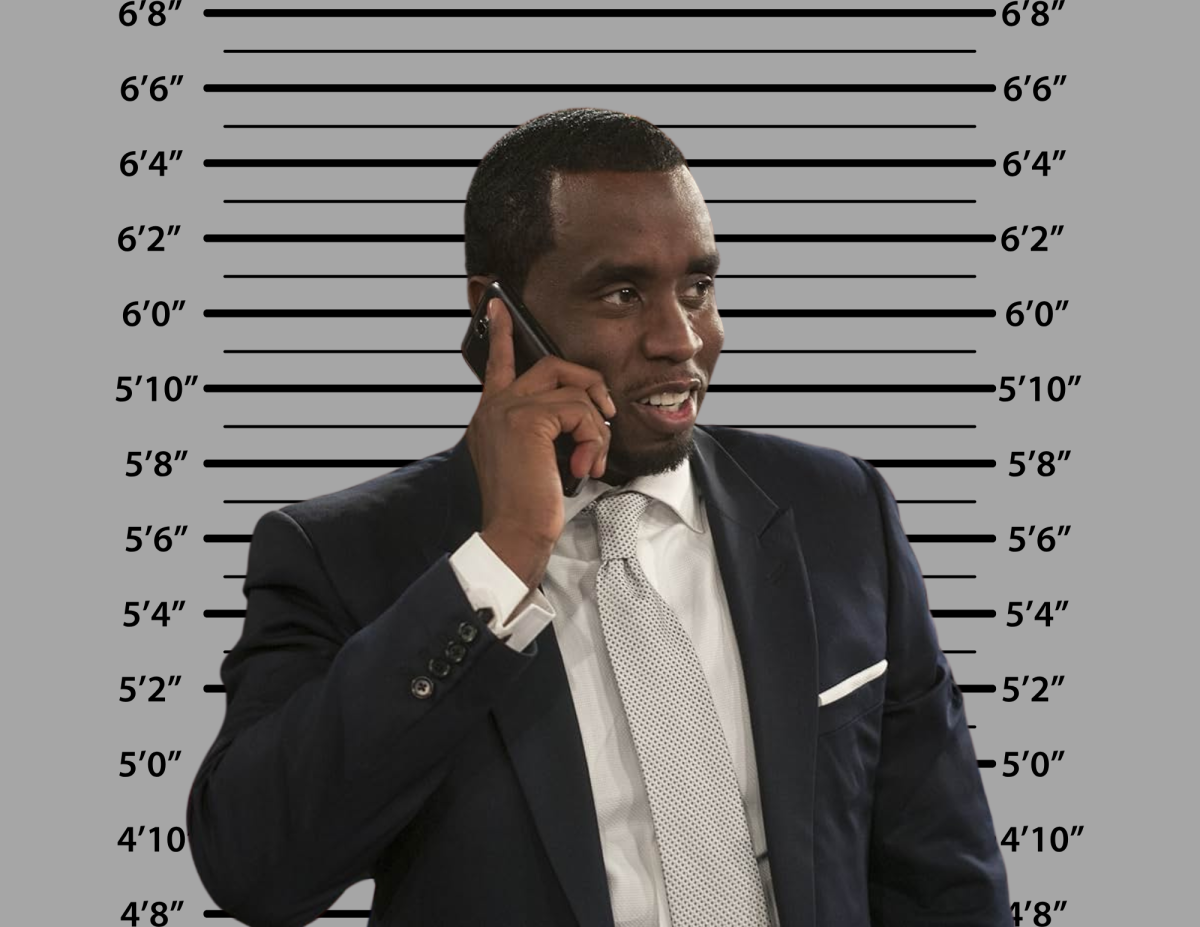Whether you’re scrolling on your phone, attending a political rally, or listening to the news, you’ve likely heard “This is the beginning of the end.”
However, the real question remains: Is the system of democracy failing, or are we failing the system by prioritizing persona over policy?
Let me ask you this: How many times have you seen an article on Kamala Harris’s ‘blended’ family or her celebrity endorsements? Or stories about Trump working at McDonald’s? Now, how many times have you read up on the policies they support?
Political candidates and the media engage in a cat-and-mouse game, each working to build a positive public image through biased outlets while tarnishing the persona of their opponents.
Meanwhile, voters are often distracted by the personal details of candidates, losing sight of the policies that will have the greatest impact on their lives after these candidates are elected. It’s like a word problem that gives you more information than necessary, muddying the focus on what truly matters.
How does Donald Trump working at a McDonalds help us determine whether he’ll be a great leader or not? How does Taylor Swift endorsing Kamala Harris influence the policies that will shape our future? The answer is simple: It doesn’t.
Data gathered from a 2023 study done by the National Library of Medicine suggests that “political outcomes are heavily influenced by voters’ personality traits and how they perceive the personality traits of the candidates.”
The rules of political journalism should revolve around one fundamental question: Does this better inform the people, or is it a distraction?
However, to solely blame the media would be a lie. We, as voters, share the responsibility.
The same people who whisper that the system is broken in a resigned tone are often the ones who vote for candidates based on their appeal instead of their policy. They’re the same ones who fall for clickbait, consuming and being influenced by the very articles that prioritize image over substance.
As Brooke Gladstone, a media analyst and host of the show, “On the Media,” pointed out, “There’s a symbiotic relationship between Americans and their leaders and Americans and their media. So in a sense, we’re seen as consumers, not as citizens. We are served what we will buy and what we find tasty.” This further contributes to our obsession with personas over policies. The media needs to present the news in a way that is clarifying and not muddying.
Access to factual and relevant information about future leaders is not easily accessible despite its vitality to educate “we the people” and create a system of informed voters.
Gary Hart said it best in his withdrawal statement.
“We’re all going to have to seriously question a system for selecting our national leaders that reduces the press of this nation to hunters and presidential candidates to being hunted. Politics… is on the verge of becoming …a sporting match [and unless we fix this] …we may get the kind of leaders we deserve.”
The presidential election may have been decided, but we stand on the precipice of change.
As citizens, we have the power to effect real change. We must decide if we will teeter over the edge and bring about our detriment, or if we will prioritize what truly matters in a leader: what they inspire in us. Do they inspire hate, or do they inspire hope?
We hold the power to choose the kind of leader we deserve, based on whether we prioritize character or policies.




